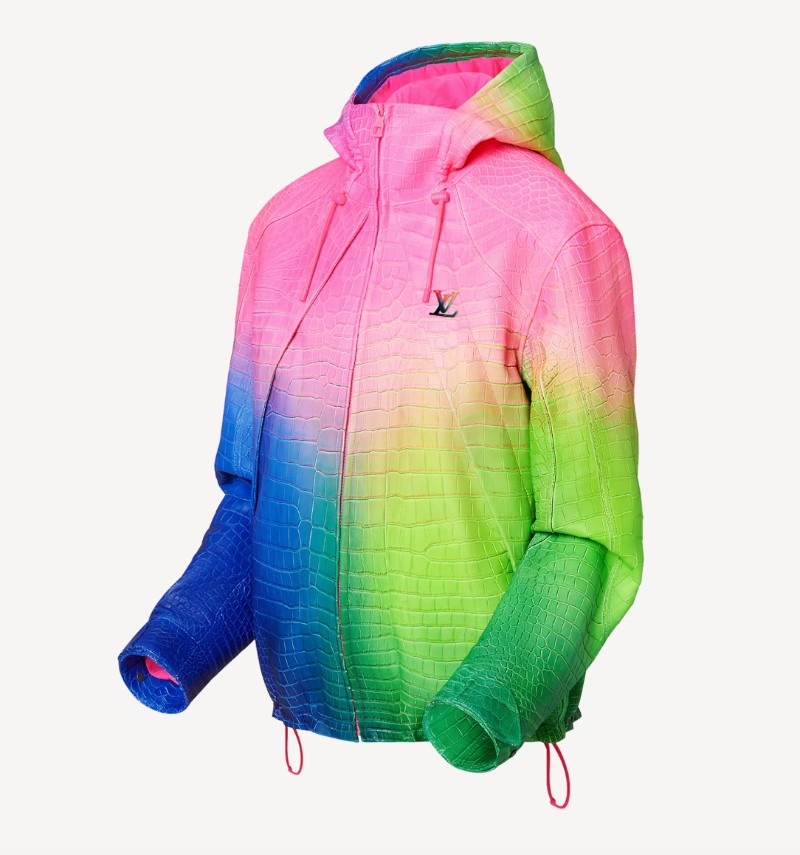The outline shares sustainability plans for climate change, the circular economy, and the protection of biodiversity.
Last year, Louis Vuitton’s parent company LVMH released its most detailed sustainability plan yet. Titled Life 360, the environmental performance roadmap outlines how the luxury conglomerate will improve its environmental impacts in the next three to ten years.
However, it doesn’t explicitly discuss plans to eradicate animal cruelty. In fact, last February, Louis Vuitton inflated the prices of its ultra-high-end handbags derived from python, lizard, mink, ostrich, and crocodile skin.

But Life 360 reports more concrete efforts for other environmental issues. To fight climate change, they focus on improving energy performance in stores and factories, including carbon dioxide emissions from transportation to procurement and use.
Missing piece
To protect biodiversity, the Bernard Arnault helmed group partners with UNESCO to implement regenerative agriculture for their wines and spirits sector.
Meanwhile, in support of the circular economy, LVMH works with textile recycling start-up Weturn. The company provides LVMH’s houses and other fashion brands solutions to raise their recycling rates to over 50 percent.
However, LVMH released a statement last December after PETA exposed investigation findings on them and Kering’s animal-skin production practices. “The lizards’ legs are tied, then they’re callously thrown around and beheaded without stunning—causing them a prolonged, agonizing death,” the animal welfare organization said in its report.

“This kind of cruelty goes into every one of Gucci’s lizard leather purses, belts, wallets, and other fashion accessories.”
Respecting all views
In response, LVMH said, “LVMH respects all views and sensitivities on the use of animal-based raw materials, and we support and are actively involved in the sector’s efforts to achieve the best possible practices. Our intention is to provide customers with a product that has been made in the most responsible and ethical manner possible.”
Since then, the group has reported no goal to eradicate animal-derived material. Instead, they’ve organized LVMH Crocodilians Standard, the world’s first crocodilian certification. Eighty percent of its exotic leathers go through the process that ensures the species’ conservation, welfare through its lifespan, and working conditions for staff in the facility.
Turning attention
Although LVMH has a long way to go if they decide to eradicate their most premium lines, they’re investing in ethically sourced diamonds.
Last week, the firm gave part of the $90 million funding to lab-grown diamond manufacturer Lusix. In contrast to natural diamonds, which are often mined in unsafe conditions or conflict zones, synthetic diamonds are made in controlled facilities.
In addition, Lusix utilizes solar power, which prompted its tagline of “sun-grown diamonds.”
Banner photo from louisvuitton.com





